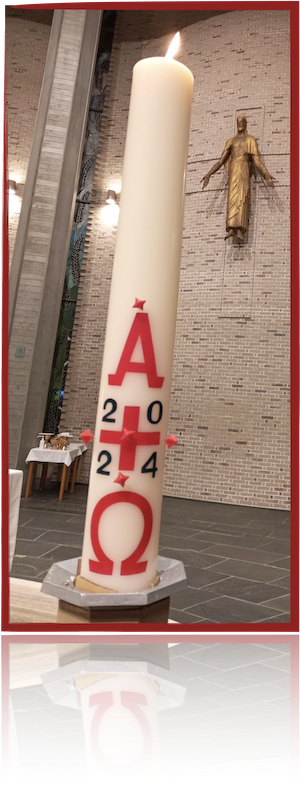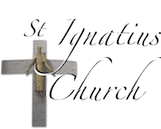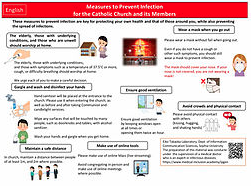
Easter Sunday - The Empty Tomb
On that first Easter morning, Mary Magdalene and two of the disciples come face to face with an empty tomb. They had lost their Master Jesus when he met a tragic death, crucified as a state criminal. Now, even his bodily remains are gone from the tomb. Along with the empty tomb, they have a large empty hole in their life. All that time they had spent with Jesus—what did it all mean now?

In two of the gospels, Mark and Matthew, the disciples are told to go back to Galilee, that they will meet Jesus there because he is alive. It will take more than an empty tomb and a promise to see him in Galilee to convince the disciples that Jesus had risen from the dead and was alive. Well, they go back to Galilee, where it all began, and sure enough, he is there to welcome them. But even then some still doubted, we are told. The empty hole in their life has not yet been filled.
It took some time, but within 40 days, they have all retrieved that companionship with Jesus that they thought they had lost. He is there with them. The empty hole has been filled up again because they went back to Galilee, where it all began, and they found him there. Or, to put it better, Jesus found them there, just as he had found them there when he first called them away from their fishing boats. After 40 days they are back in Jerusalem, ready to face the world with the proclamation that Jesus is alive and is the Savior of the world. (I’m aware that the later gospels of Luke and John have Jesus meeting the disciples in Jerusalem on Easter night, but that’s a different approach to the resurrect-tion and will be the theme of next Sunday’s gospel.)
Ask any believer when it was that they first came to believe that Jesus is alive and with us. Ask yourself. When did you first believe? When did you have your own “return to Galilee,” resolving any doubts you had about Jesus? People baptized as adults may find it easier to answer than people like myself who were baptized as babies.
I guess it was when I was 7 years old and made my first Communion that I realized that Jesus is alive. The Sisters prepared us well and taught us that Jesus loves us so much that he comes to us in the little white wafer. That was 80 years ago, but I still remember it well and I have never doubted it. Jesus is alive and waiting for us in the bread of the Eucharist. We welcome Jesus inside us and we talk to him. We may feel very weak and sinful, but Jesus wants to be with us and make us better. He tells us that the people around us are also very dear to him and that he wants us to respect and welcome them as brothers and sisters, united in the same living Lord of life and love.
But when we say “Happy Easter” to one another today, we are reminded that it is not a happy Easter for victims of earthquakes and floods who have lost their homes and their loved ones. It is not a happy Easter for people in places like Myanmar, whose villages have been burned away because they were targeted by the military. And it is not a happy Easter for the people of Ukraine who, like Jesus, are being put to death by other people who claim to believe in God—and who even claim to be Christians. Nor can we forget what is happening in Gaza or in Sudan. All these victims of natural disasters or human hate can relate well to the disciples at the empty tomb—what does it all mean? What can be done to fill up the empty hole in their life?
We see Jesus still being scourged and mocked and crucified in our world today. In Jesus’ hands we see the holes made by the nails of his crucifixion and the wound in his side, pierced by a soldier’s lance. Even if this Easter is not a “happy” day for victims of war and natural disasters, we can only do what is humanly possible to help relieve their misery by providing for their material and spiritual needs, knowing that Jesus has suffered with them and for them, that he died for them and with them—that he is alive and with them in these tragic days, and that death in Jesus brings life in the Spirit.
So as we say “Alleluia! Jesus is alive!” let’s remember that he is with us in all our joys and sorrows, our successes and our failures. He is alive and with us when we suffer and are tempted to despair. Lord, save us from ourselves! Save us from hatred and persecution. Fill all God’s children with love and respect for one another and for all of God’s creation. You live and walk with us. Help us come together in promoting life rather than death. Praise to you, Lord Jesus Christ, alive with us and full of concern for each one of God’s children, for each one of us.
March 31, 2024 Robert Chiesa, SJ
 ENGLISH
ENGLISH  ESPAÑOL
ESPAÑOL 






